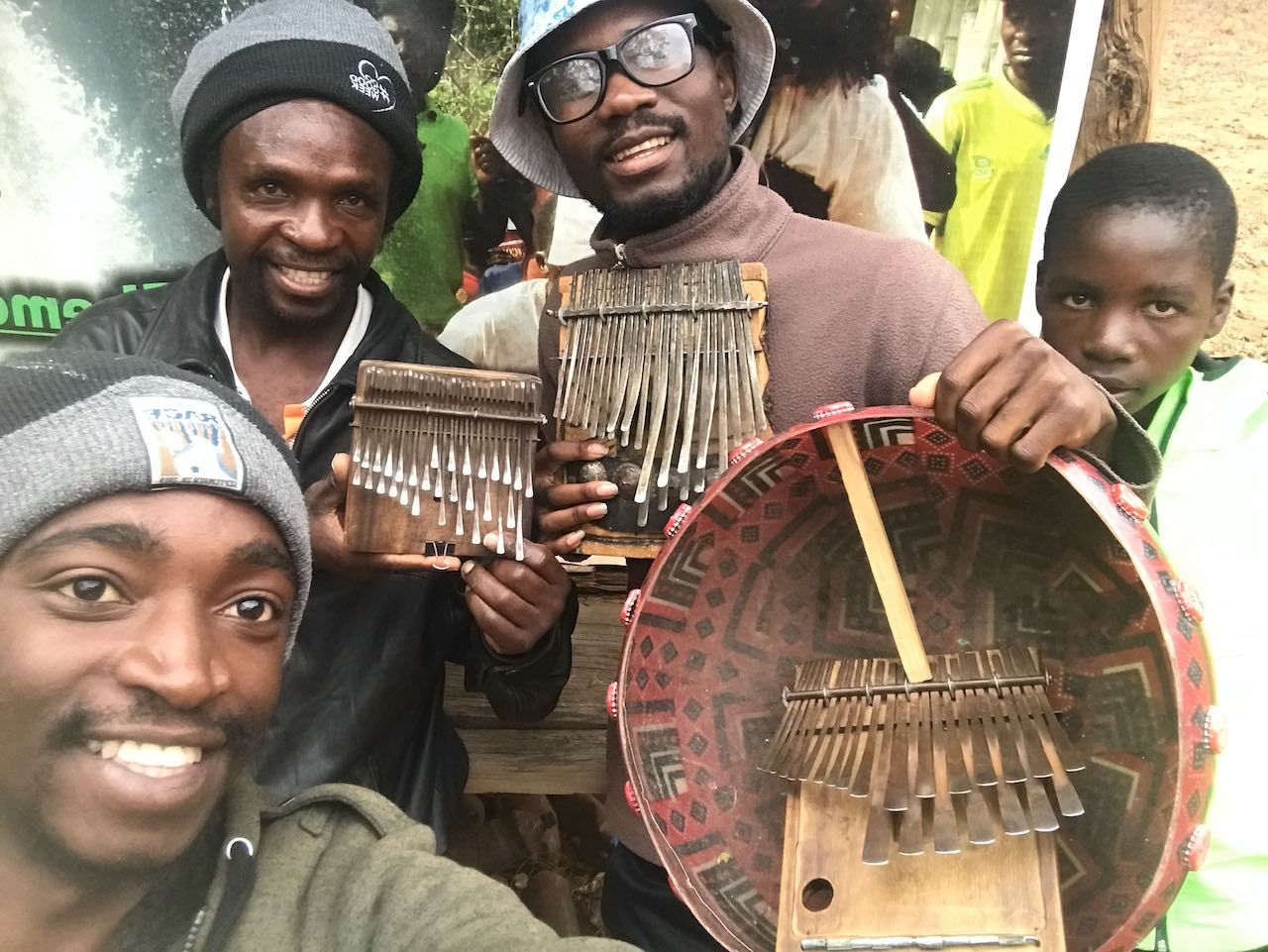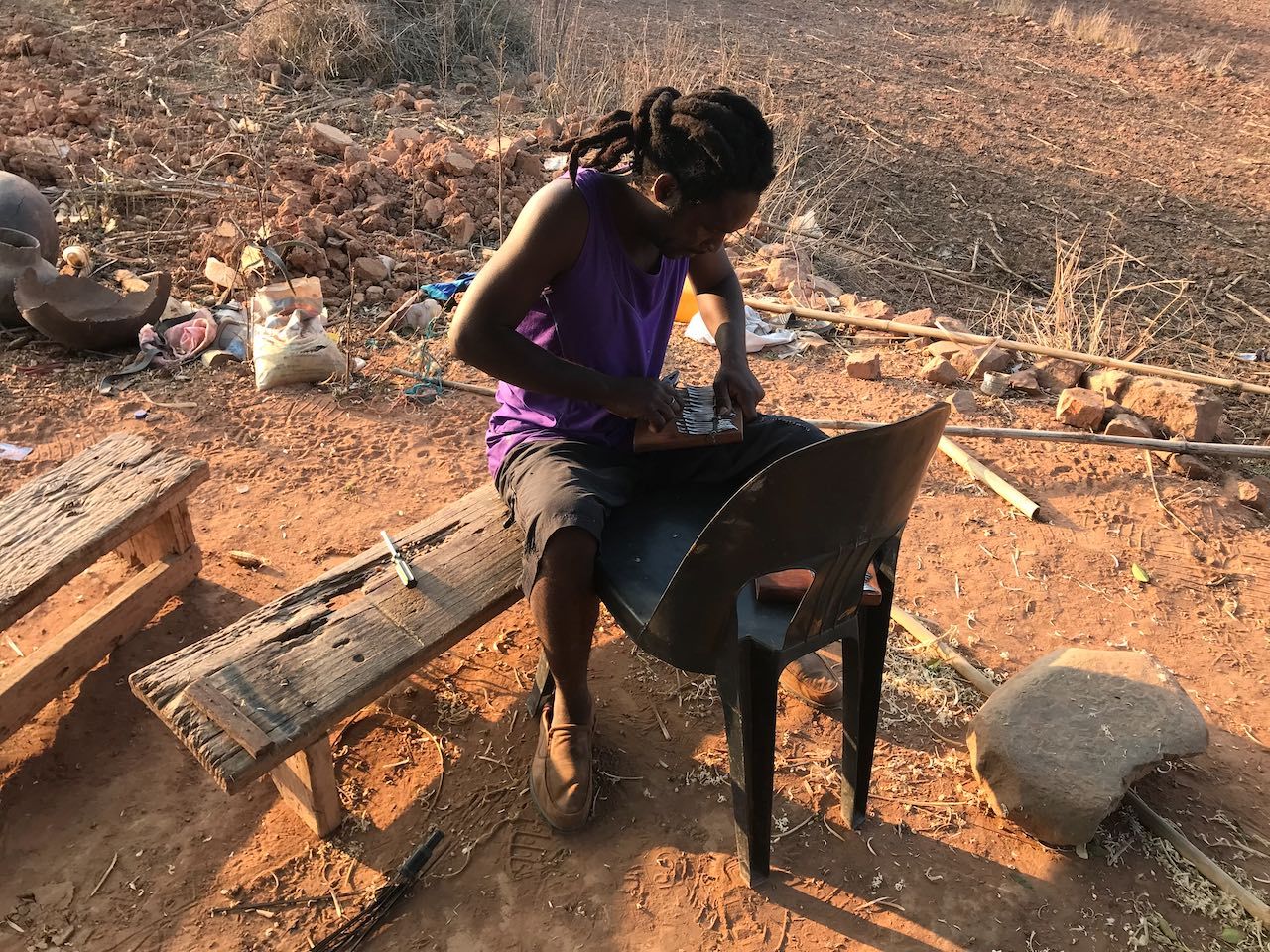Ngoma dzaVaNdau (The Music of the Ndau People)

Ngoma dzaVaNdau means ‘the music of the Ndau people,’ an ethno-linguistic group who live from southeastern Zimbabwe into Mozambique, particularly around the areas of Chimanimani and Chipinge. When European settler farmers and missionaries came to these regions, they drove the Ndau people onto reservations and refused them access to political, economic, and social power. The settlers also sought to restrict cultural practices by burning and confiscating Ndau musical instruments. Most of those who did not flee during this time had to convert to Christianity and abandon their music, traditions, and culture. Although the Ndau people are a minority group in modern Zimbabwe, people throughout the country recognize their unique language and traditions. Due to the oppressive practices during the colonial era and current marginalization in the post-colonial era, Ndau culture faces extreme external pressure to either westernize or assimilate into the majority Shona identity.
Against these odds, sekuru Solomon Madhinga (sekuru is an honorific for an elder who holds a lot of traditional knowledge) learned Ndau instrument building and singing from his father. He is now a renowned instrument maker and player of traditional Ndau music, living in the Chipinge area of Zimbabwe. Sekuru Madhinga is one of the few custodians of Ngoma dzaVaNdau, and possibly the last expert builder of finger-plucked instruments such as the mbira dzaVaNdau; drums such as mbongo and tangi; and bow instruments such chizambi, chimwandigoda and chitende. He also teaches dances such as Muchongoyo, Chokoto and Mbongo, which are increasingly rare. While he is a stalwart for these practices within the Chipinge region, sekuru Madhinga does not have a large enough platform to teach the Ndau community at large. He is one of the last links to many forcibly eroded traditions, and much of his repertoire remains undocumented. It is crucial that sekuru Madhinga’s knowledge continues to educate and inspire the Ndau community and bring awareness to an often-overlooked culture in Zimbabwe.

To that end, MiC will support Zimbabwean musician, educator, and community historian Anesu Ndoro as he works closely with sekuru Solomon Madhinga to document different Ndau instrument building processes and record the rhythms and melodies of indigenous Ndau music. Together, they will create tools for people to learn Ndau musical instrument construction, and study Ndau music and composition through audio and visual recordings. Alongside the recorded materials, Anesu and sekuru Madhinga will detail the historical and social significance of the instruments.
Through this important work, Anesu will shine a spotlight on the musical experiences from the border regions of Zimbabwe and show the complexity of his country. Where most of the traditional music research in Zimbabwe focuses on Shona perspectives from the capital city, Harare, Anesu’s breaks boundaries by focusing on the incredible diversity within the nation. Doing so helps forge new pathways for Ndau people to represent their traditions on an international stage and invites the many researchers and enthusiasts of Shona music worldwide to explore the rich and multiethnic musical practices of Zimbabwe.
MiC has the pleasure of helping spread that message by hosting this precious knowledge on a digital database and publishing it as a collection of CDs and DVDs with a booklet. After the publication, MiC will facilitate the distribution of free copies to relevant Zimbabwean schools, libraries, and community centers, as part of a workshop series run by Anesu and sekuru Madhinga, allowing Ndau people the opportunity to interact directly with their musical heritage, ensuring that this knowledge continues to serve their community for generations to come.
Meet the Project Managers

Anesu Ndoro is a Zimbabwean instrument builder, music teacher, and multi-instrumentalist who experiments with creative (re)arrangements of traditional music compositions, cross-cultural conversations between different African instruments, and revival of archival Zimbabwean music(s). With a background in Anthropology, he is the current Traditional African Music & Dances instructor at the USAP Community School, and serves on the Board of Trustees for Tariro Trust Zimbabwe. Through sharing performances and narratives about traditional Zimbabwean instruments, Anesu promotes Zimbabwe’s rich cultural traditions to the next generation of young Zimbabweans.